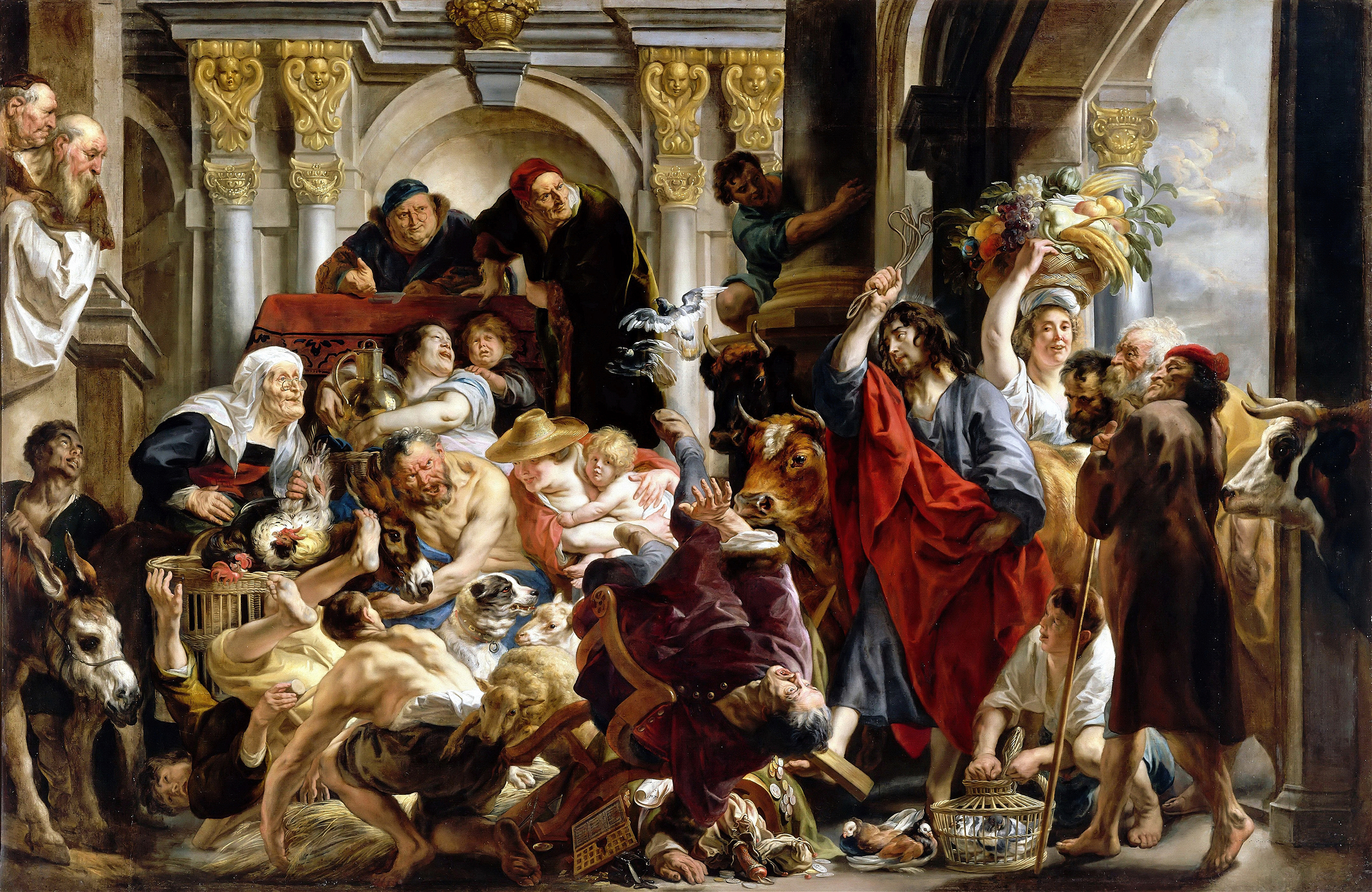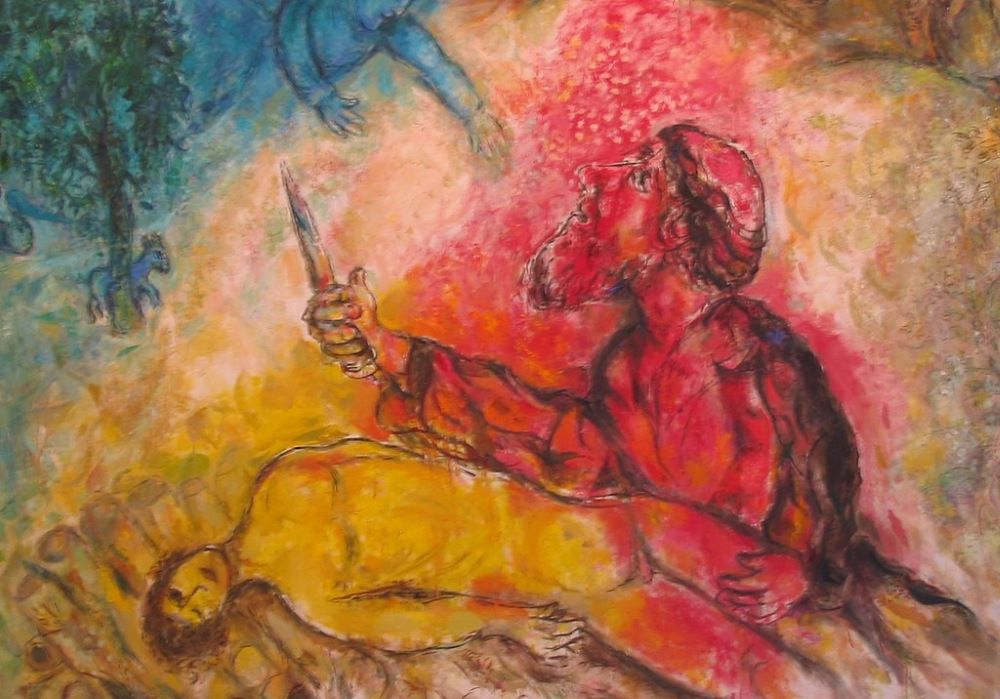While the God of Israel could appear anywhere, the temple functioned as a focal point for prayer and other expressions of the peoples' relationship with God. It was a holy place. The day Jesus entered the temple he observed not faith, but sacrilege. This place of worship, the religious center for all God's people, looked like a bazaar — one in which distinctions between male and female, clergy and laity, wealthy and poor were on display and reinforced.
Rather than being an inducement to prayer, sacrifice had become a business, supporting the money changers and merchants who made fortunes by selling supposed access to God. Operating as the opposite of what it was intended to be, the temple could impede people's experience of a merciful, loving God. In Jesus' eyes, the temple had become a blasphemy, the anti-reign of God.
After evicting the religious retailers, Jesus made the famous statement, "Destroy this temple and in three days, I will raise it up again." John explains that "this temple" referred to Jesus himself, not an architectural wonder. As in his conversation with a woman at a well, that phrase taught that God's presence cannot be captured in structures — be they buildings, tabernacles or even particular practices. We discover God's presence like Moses did. He experienced a mystery that called him to an impossible vocation, a vocation that came to fruition through the help of the Holy Spirit. Jesus claimed that he definitively replaced the temple and sacrifice. He sacramentalized the presence of God through his loving relationships and all that flowed from them.
When we say that God is love, we assert that God's presence is mediated in relationships. Institutions may facilitate our awareness of God's presence, but we encounter God in prayer and in the love among us that makes God's own love palpable in our world.
When we say that we are Christians, we claim with St. Paul that we believe that God's greatest self-revelation came to us in Christ whose cross revealed that the foolish vulnerability of divine love expresses the greatest power in creation. The power of divine love is neither controlling nor coercive. God's love attracts and woos us.


